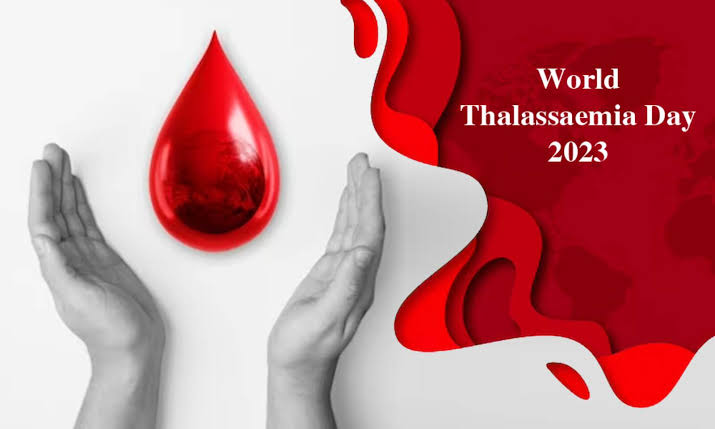Wockhardt Hospitals Nagpur a leader in health care sector is creating awareness about the disease which is taking a toll on human lives and giving studious information on thalassemia. Every year on May 8th, International thalassemia Day commemorates thalassemia patients who are no longer with us. It’s also a day to celebrate the patients that are alive and fighting for a better quality of life.

WHAT IS THALASSEMIA?
Thalassemia is an inherited blood disorder caused when the body does not make enough of haemoglobin, an important component of red blood cells (RBCs) as a result of which the RBCs do not function properly. In the absence of sufficient healthy RBCs, not enough oxygen is delivered to the other cells of the body. Because of this, people with this condition may have anemia, which makes you feel tired.
SYMPTOMS OF THALASSEMIA
Dr. Gunjan Loney who specializes in Haematology and Haemato – Oncology at Wockhardt Hospitals said, ” Thalassemia causes a variety of symptoms in the body. Some of these symptoms include anemia, fatigue, dizziness, shortness of breath, increased risk of infections, and abdominal swelling. Some people with thalassemia also have too much iron in their system which can damage the heart and liver.
Dr. Gunjan Loney , further gave more information about thalassemia , saying thalassemic children often fail to thrive. This means they grow slowly. Children with thalassemia might also have skull bones that are not shaped normally. For most children, these symptoms show up within the first two years of life.
TYPES OF THALASSEMIA
Further she added , there are different types of thalassemia, like When thalassemia is called “alpha” or “beta,” this refers to the part of hemoglobin that isn’t being made. If either the alpha or beta part is not made, there aren’t enough building blocks to make normal amounts of hemoglobin. Low alpha is called alpha thalassemia . Low beta is called beta thalassemia.
When the words “trait,” “minor,” “intermedia,” or “major” are used, these words describe how severe the thalassemia is. A person who has thalassemia trait may not have any symptoms at all or may have only mild anemia, while a person with thalassemia major may have severe symptoms and may need regular blood transfusions.
How do I know if I have Thalassemia?
People with moderate and severe forms of thalassemia usually find out about their condition in childhood, since they have symptoms of severe anemia early in life. People with less severe forms of thalassemia may only find out because they are having symptoms of anemia, or maybe because a doctor finds anemia on a routine blood test.
As thalassemia is inherited, the condition sometimes runs in families. Some people find out about their thalassemia because they have relatives with a similar condition.
Can I prevent thalassemia?
As thalassemia is passed from parents to children, it is very hard to prevent. However, if you, your partner or any family member is diagnosed with thalassemia, you can consult a doctor to determine what your risk would be of passing thalassemia to your children. With proper knowledge and care thalassemia can be held back from going on to next generation said Dr. Gunjan Loney .
Thalassemia Home Care
If you have thalassemia , follow these habits to stay well:
• Eat a healthy diet to keep your bones strong and give you energy.
• If you get a fever or feel ill, see your doctor.
• Stay away from sick people and wash your hands often.
• Stay up to date with vaccines.
• Ask your doctor about supplements like calcium and vitamin D.
• Don’t take iron pills.
👉 Click here to read the latest Gujarat news on TheLiveAhmedabad.com





